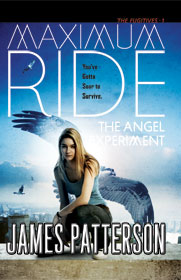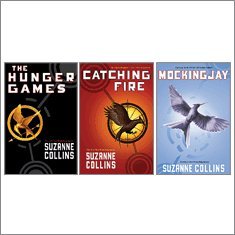The internet has been buzzing all week. The Hunger Games movie trailer is finally here.
I’ve watched the trailer a few times and I’m left with mixed feelings. The gritty scenes don’t seem to be living up to my imagination – they feel a bit too clean – but the glamour of the Capitol is working for me. The actor choices could work, but I need to see more to be completely sold. Of course, it’s hard to tell much from a preview. One thing I will say for this trailer is that it did not give away the movie for those who haven’t read the books. What do you think about the trailer? Did it get you excited for the movie, or were you left feeling a bit blase?




